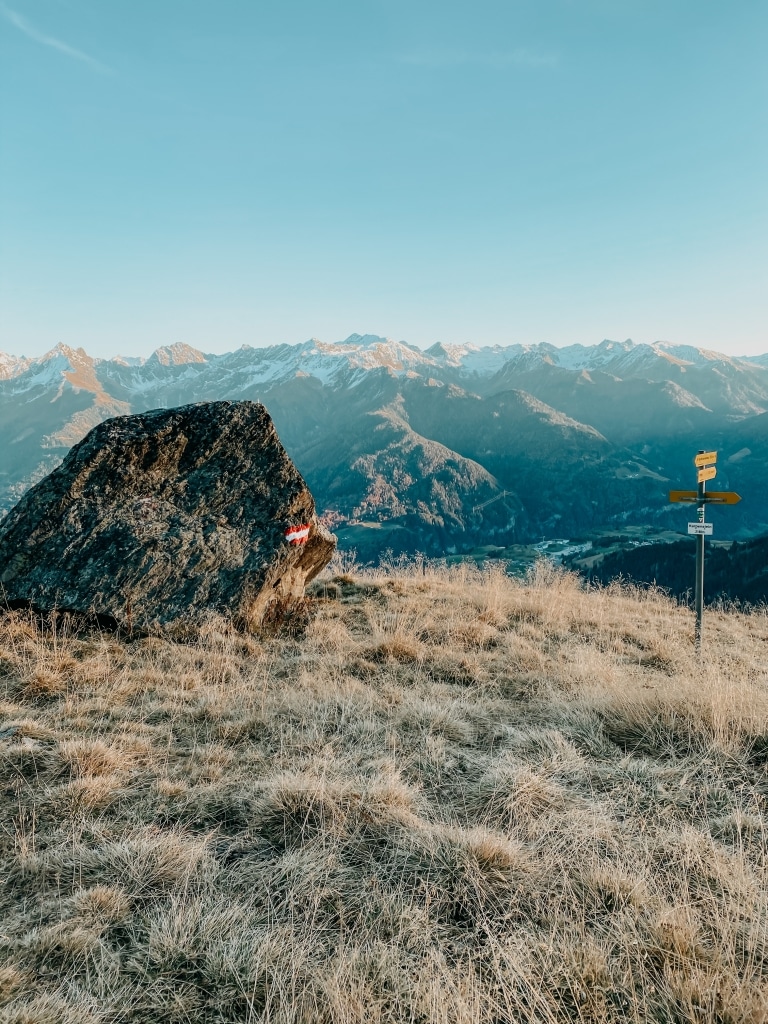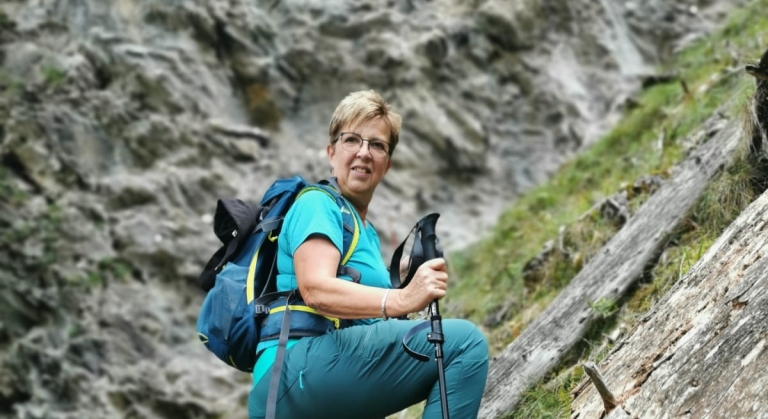
Causes of dangerous hiking accidents
Hiking is still considered the safest of all mountain sports. However, accidents do not only happen on extreme tours or when climbing. Hiking accidents also occur time and again on hikes in low mountain ranges and high alpine areas.
These hiking accidents seem quite unspectacular in nature: tripping, twisting an ankle and slipping account for almost half of all accidents. However, the causes are interesting, because the 3 most common reasons for hiking accidents are the hikers themselves – in other words, they are in your hands!
1. overconfidence
As simple as it sounds, overconfidence is probably the most serious reason for hiking accidents. It also plays a major role in the other two reasons. In general, it is a major risk factor in almost all sports. The fact that this is the case even with a sport such as hiking, which tends to cause few injuries, makes it clear that it really shouldn’t be taken lightly.
The variety of overestimations is problematic: many people think they are capable of hiking too long a distance, on terrain that is too difficult or with too many metres of ascent or descent. In general, many hikers underestimate the demands that hiking places on their own bodies. At the same time, they overestimate their own physical abilities and fitness.

2. physical problems
This leads to the second reason for accidents. Many people don’t know their bodies well enough and confuse hiking with a walk. A lack of experience and fitness combined with insufficiently developed muscles can quickly lead to fatigue and overloading. The most dangerous hiking accidents are caused by circulatory problems, illness and stress-related susceptibility. Fatigue or overexertion also often leads to the third reason:


3. lack of concentration
In fact, most hiking accidents happen on the descent. This is largely due to the fact that inexperienced hikers in particular spend most of their energy on the ascent and tend to treat the descent as a minor challenge. It is not only fatigue, but also the general attitude of hikers that leads to them being less focussed. Their surefootedness and ability to react deteriorate.

Tips for accident prevention:
What you can do
Of course, you should first and foremost avoid overestimating yourself. You should know your body and its capabilities and problems and, finally, make sure you stay focussed while hiking. Nothing easier than that, right?
Realise where you stand as a hiker. An honest self-assessment is important. Be honest about your level of fitness.
Consider your general physical condition, especially with regard to illnesses, circulatory problems, muscular, orthopaedic or other problems.
To summarise – in one word: prudence. Listen to your body. Choose your hikes according to your subjective abilities and not according to any external criteria such as the destinations or opinions of more experienced friends. Of course, this requires a good dose of self-knowledge, self-confidence and the associated honesty towards yourself. However, you will then be well equipped to deal with most hiking accidents and nothing will stand in the way of your hiking happiness.
If you have any questions about our guided hikes or hiking tours in general, please contact us – we are here for you and always have an open ear for everything to do with hiking.
Your hiking guides at Chesa Monte:
Karo Glück
Cindy Köhle
Marco Röck